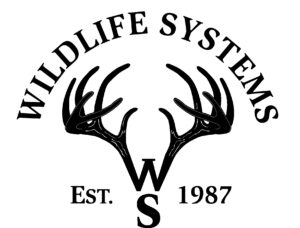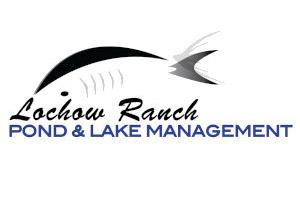Internship Marine Conservation South Africa: Shark and Coral Reef Research.
Field Study Abroad (Private) | https://www.fieldstudyabroad.com
Details
Posting:
Application Deadline:
07/31/2025
Published:
06/02/2025
Starting Date:
between 7/1/2025 and 8/31/2025
Ending Date:
between 8/1/2025 and 10/31/2025
Hours per Week:
40 - 42
Salary:
none
Education Required:
Some Undergraduate
Experience Required:
none
Tags:
Faculty / Post-Doc Appointments
Graduate Opportunities
Grant
Undergraduate Opportunities
Description
*We have wildlife conservation and ecology internship programs which run throughout the year in South Africa, please get in touch*
How to Apply:
Please complete the Google Form here.
In the western portion of the Indian Ocean, the northeastern coastline of South Africa provides the ideal opportunity to study marine biodiversity with over 1,000 species of fishes, 100 species of coral, manta rays, turtles, sharks, whales, and a host of marine invertebrates.
Your internship is located at South Africa’s largest marine protected area, Sodwana Bay. The research station is ideally situated to explore this marine paradise while working with marine biologists, conservationists, and local experts to learn field techniques, collect research data, analyze dive logs and video footage, and understand database management.
Learning outcomes you will gain during this internship in South Africa:
- Describe the general principles which govern marine ecosystem interactions and provide specific examples from the tropical marine areas of Sodwana Bay.
- Identify common marine organism and their taxonomy.
- Explain animal behavior and how it relates to physiological requirements, consumption, predation, and reproduction.
- Use a variety of field techniques to gather data which can be used to address ecological and management questions.
- Learn proper techniques to sample benthic organisms.
- Communicate with local communities and scientists to understand the stakeholder viewpoints which are important to the management decisions.
- Understand how the physical and chemical oceanography impacts marine life and how the marine ecosystems can be altered or improved.
- Incorporate climate change science into coral reef and mangrove management.
- Describe the goals and strategies that wildlife managers employ in Southern Africa.
- Model human impact on marine ecosystems.
Activities and skills you will be working on
- Performing underwater visual census surveys.
- Processing underwater data and photos.
Monitoring coral reef health. - Learning fish ID and trophic relationships.
- Completing reef health monitoring.
- Documenting abundance and distribution of sharks.
- Identifying marine invertebrate and their taxonomy.
- Engaging with local communities.
- Participating in beach clean ups.
- Attending research and conservation lectures.
- Maintaining and deploying underwater cameras.
- Preparing and analyzing scientific samples.
- Identifying the range of endangered sharks and rays.
- Observing whale behavior and abundance.
- Collecting and inputting data into database.
- Performing data analyses.
There is a cost for this internship which covers your housing, airport transfers, local flights to the east coast of South Africa, meals and donation to conservation.
How to Apply:
Please complete the Google Form here.
*We have wildlife conservation and ecology internship programs which run throughout the year in South Africa, please get in touch*
Please complete the Google Form here.
*We have wildlife conservation and ecology internship programs which run throughout the year in South Africa, please get in touch*
Contact
Earl Smith
earl@fieldstudyabroad.com (preferred contact method)






